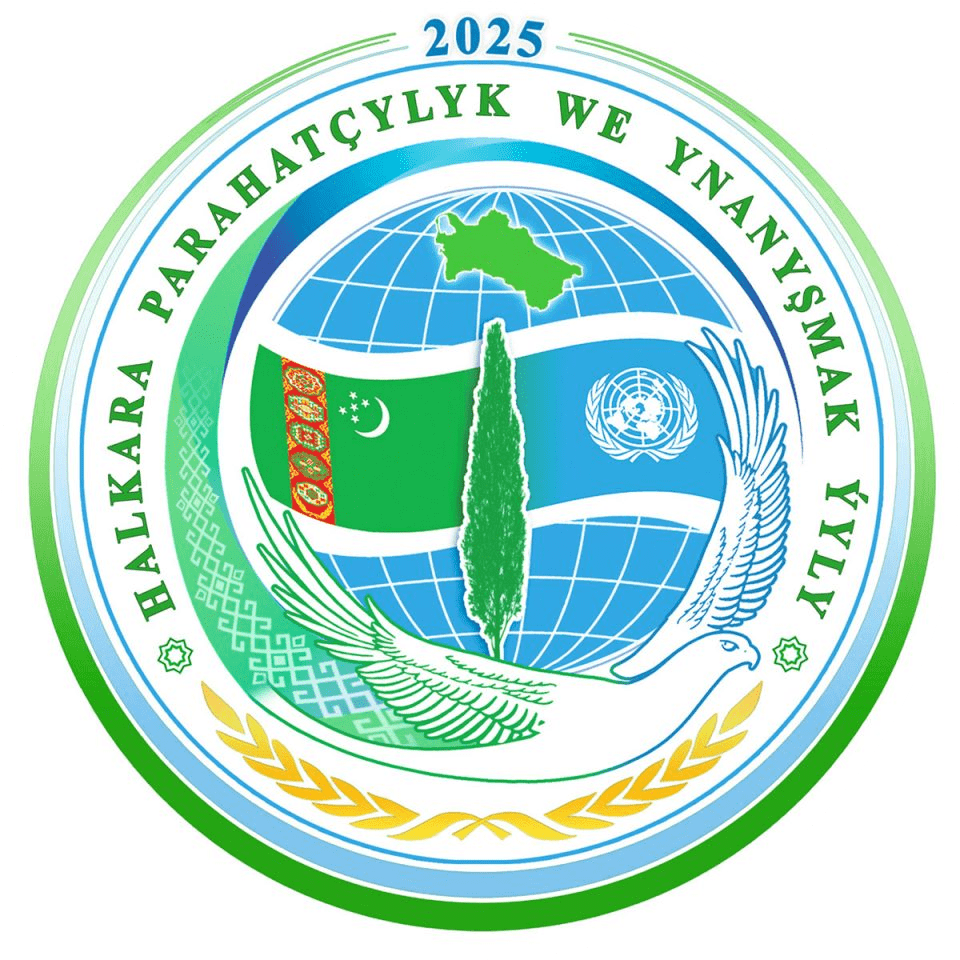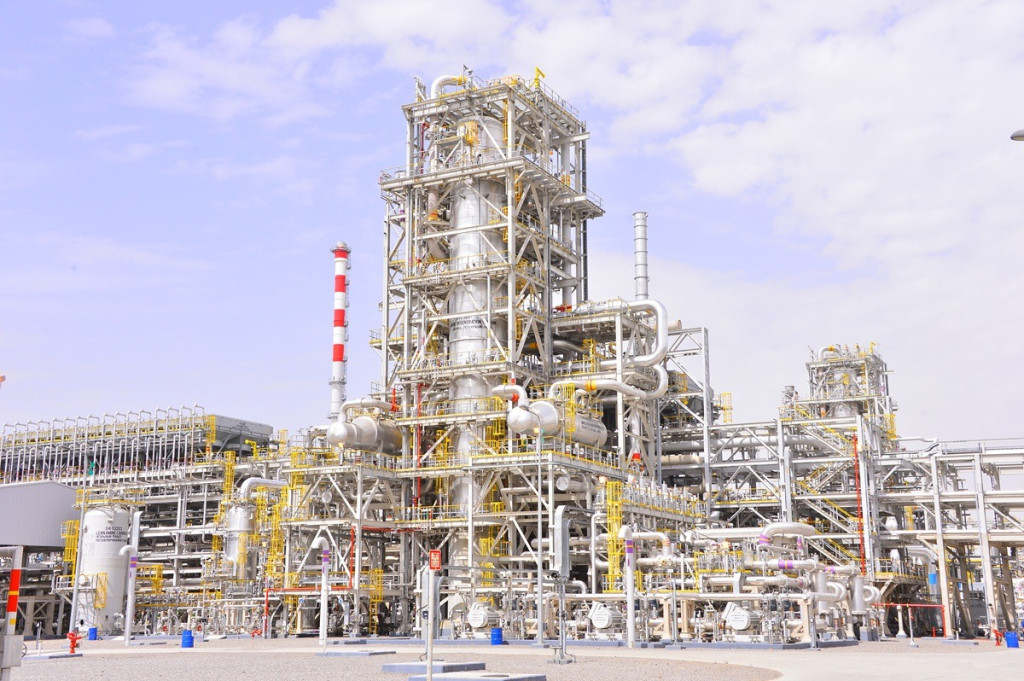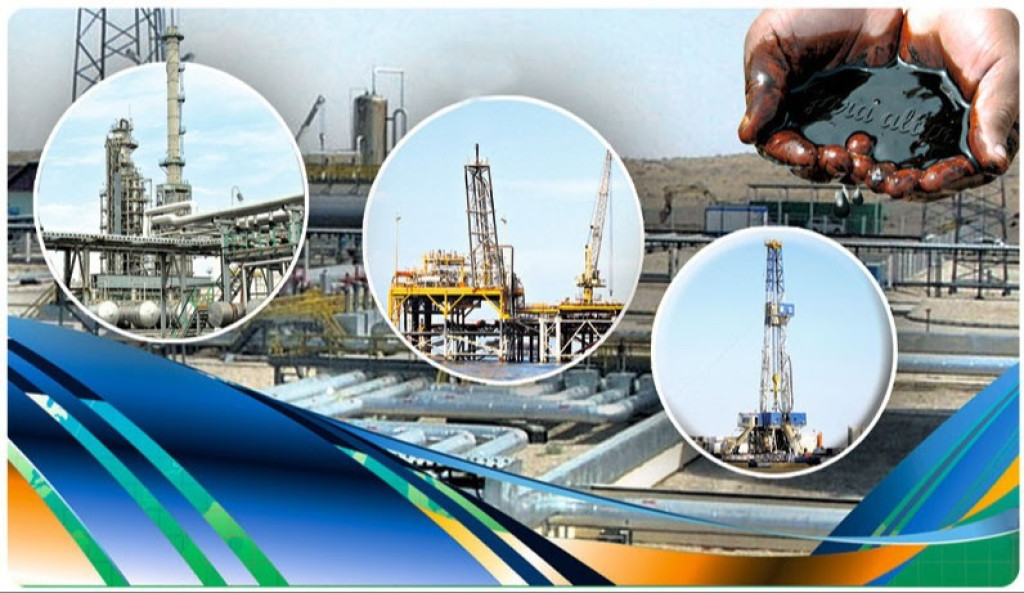
In recent years, the concept of a "green" economy, which combines the principles of sustainable development and environmental well-being, has gained strategic significance worldwide. Today, key principles and ideas related to environmental protection are enshrined at the international level. The development of specific programs and the implementation of their objectives are carried out at the national level. Our country also pays great attention to the transition to a "green" economy.
The concept of a "green" economy was proposed by the United Nations Environment Programme (UNEP) to help the global economy recover from crises through investment in environmentally friendly production. In this context, the document "A New Global Green Deal" was developed, which includes expert recommendations on the main directions of "green" economy development. This concept aims to improve people's well-being, ensure social justice, and reduce environmental risks.
Currently, the "green" economy strategy is being promoted by the UN and other international organizations, with income and employment growth being driven by public and private investments. The ongoing reforms take into account expenses and investments in programs aimed at reducing carbon emissions, decreasing air pollution, improving energy and resource efficiency, and preventing harm to biodiversity and ecosystems.
The development of environmentally friendly production and eco-safe businesses, as well as the introduction of "green" technologies in various sectors of the economy, ultimately provides for a transition to a zero-waste economy. The main characteristic of a zero-waste economy is its foundation on principles that prevent waste generation during production and consumption processes. This positive outcome is achieved through the rational use of natural resources, their restoration, and reuse. A zero-waste economy addresses issues related to overproduction and excessive consumption, helping to solve the most pressing challenges of our time.
The concept of a "green" economy aims to improve the population's standard of living, ensure equality for present and future generations, prevent the negative impact of economic growth on natural ecosystems, and strengthen the resilience of the global economy. The principles of environmental sustainability, economic efficiency, innovation, and technological progress create conditions for harmonious coexistence with the environment and ensure a comfortable life for future generations.
The development of the "green" economy, the introduction of innovative approaches to ensure environmental well-being, and the development of advanced solutions in the field of environmental protection are priority areas of our country’s state policy. In this context, special attention is given to the implementation of national programs aimed at achieving the Sustainable Development Goals and fulfilling Turkmenistan’s international commitments. Large-scale work is being carried out in this direction, strengthening international cooperation in the digitalization of the economy and the implementation of "green" technologies. Turkmenistan is taking effective steps to reduce greenhouse gas emissions, particularly methane emissions. A striking example of this is the implemented solutions and ongoing initiatives in the city of national significance, Arkadag. This new city, built within the framework of the "smart city" concept and designed to meet high environmental standards, is based on the principle of zero negative impact on the environment at all stages—from the production of building materials to the operation of buildings. The National Leader of the Turkmen people, while visiting the second-phase construction sites of Arkadag city, pays special attention to environmental well-being along with creating comfortable living conditions for the population.
At present, extensive work is being carried out in Turkmenistan to introduce "green" technologies in the energy sector. Special attention is given to the development of solar and wind energy. The transition to renewable energy sources significantly reduces the negative impact on the environment. For example, the "green" economy in the oil and gas industry implies a transition to more sustainable and environmentally friendly methods of extraction, production, and processing of hydrocarbon resources. In agriculture, the "green" economy promotes the production of environmentally friendly food, reduces environmental impact, and protects human health.
The training of highly qualified specialists capable of successfully addressing new economic challenges is of strategic importance for creating environmentally favorable conditions for society. Modern global experience highlights the importance of joint efforts by the state, business, and the education system in developing human capital that meets new economic conditions. In this process, each party has its own tasks. The state develops targeted programs for the implementation of the "green" economy, creates "green" jobs, and defines the requirements for specialists, as well as the organizational and socio-economic aspects of this field. The education system actively participates in reforms related to the development of a "green" and zero-waste economy by creating new specialties and professions. Adjusting educational programs to new conditions, improving teacher qualifications, and actively integrating digital technologies contribute to achieving positive results. Business, in turn, closely cooperates with government structures and educational institutions, defining the requirements for specialists trained for new jobs and ensuring their effective application in production.
The concept of a "green" economy is seen as a promising direction that confirms its relevance in the context of sustainable development and environmentally friendly technologies at the international level. It is beneficial not only from an environmental standpoint but also from an economic perspective, opening up new opportunities for innovation and sustainable development on a global scale. Today, under the leadership of the esteemed President, our country is successfully implementing scientifically grounded and carefully planned development programs aimed at economic diversification, digitalization, an effective combination of market mechanisms and state regulation, the widespread introduction of innovations and new technologies, as well as the systematic improvement of the population’s living standards.
Selimberdi Khojaberdiev
Deputy Head of the Main Directorate of Finance and Economics of the city of Ashgabat.
Source: Türkmenmetbugat



